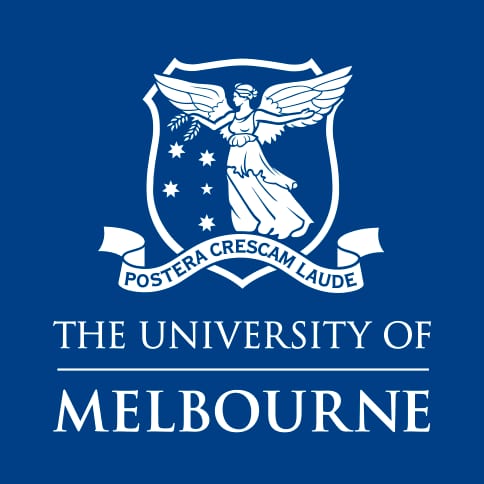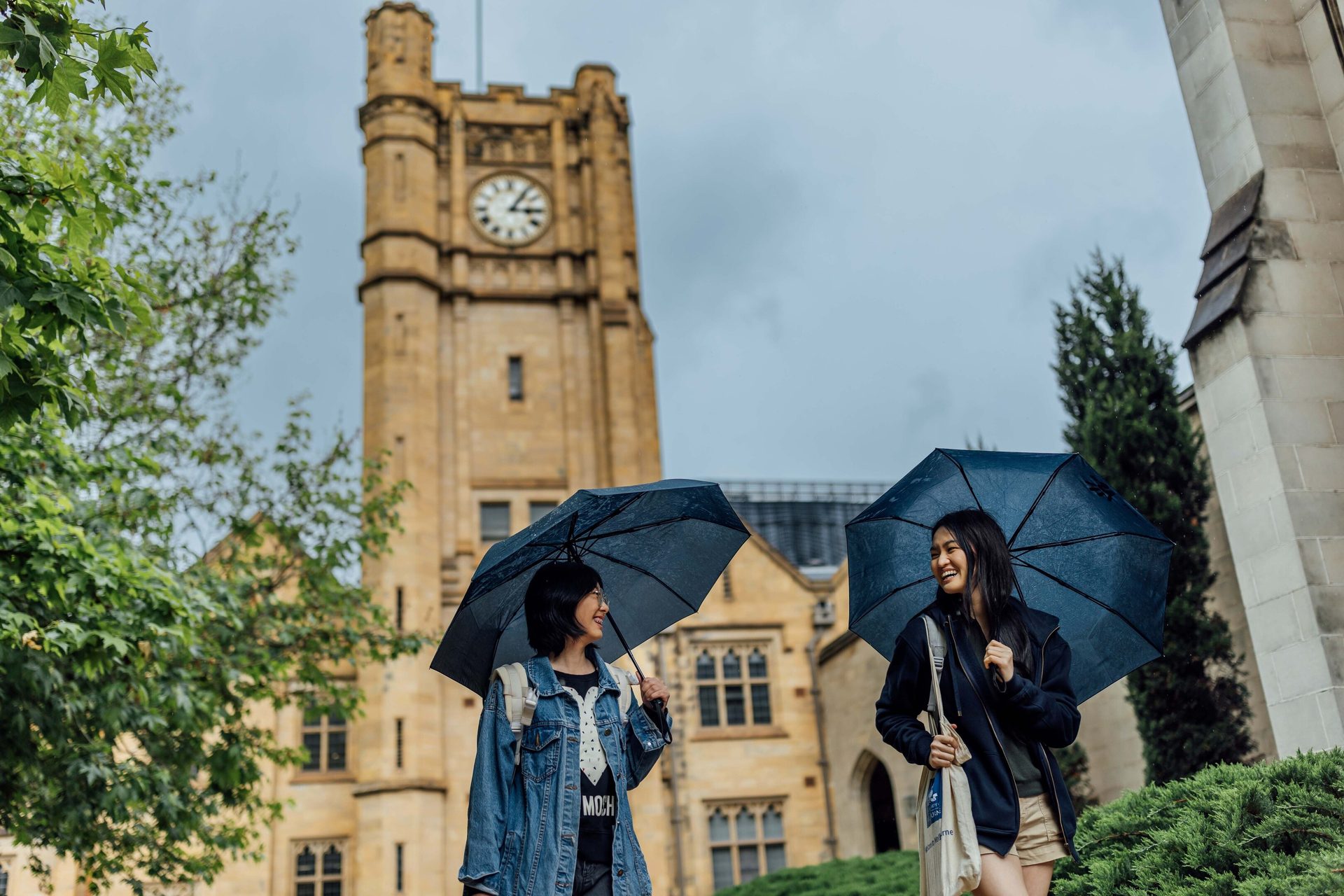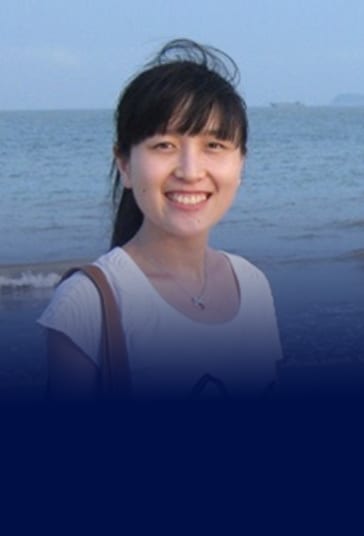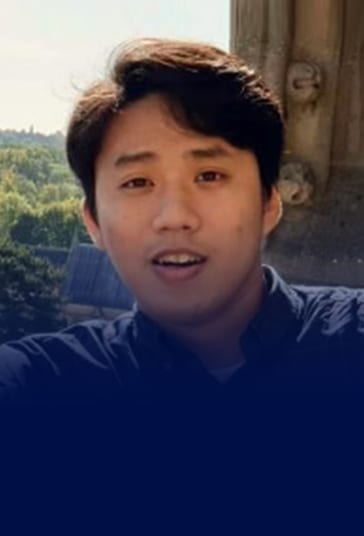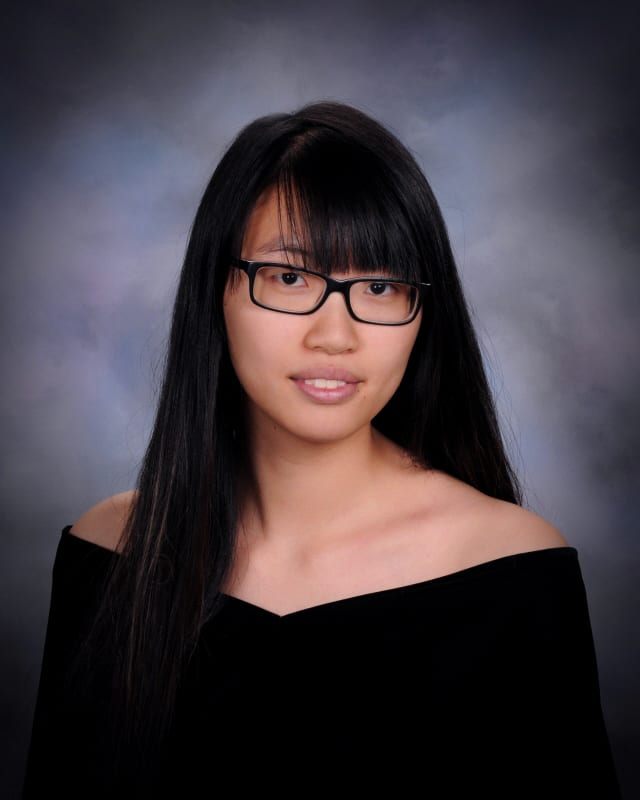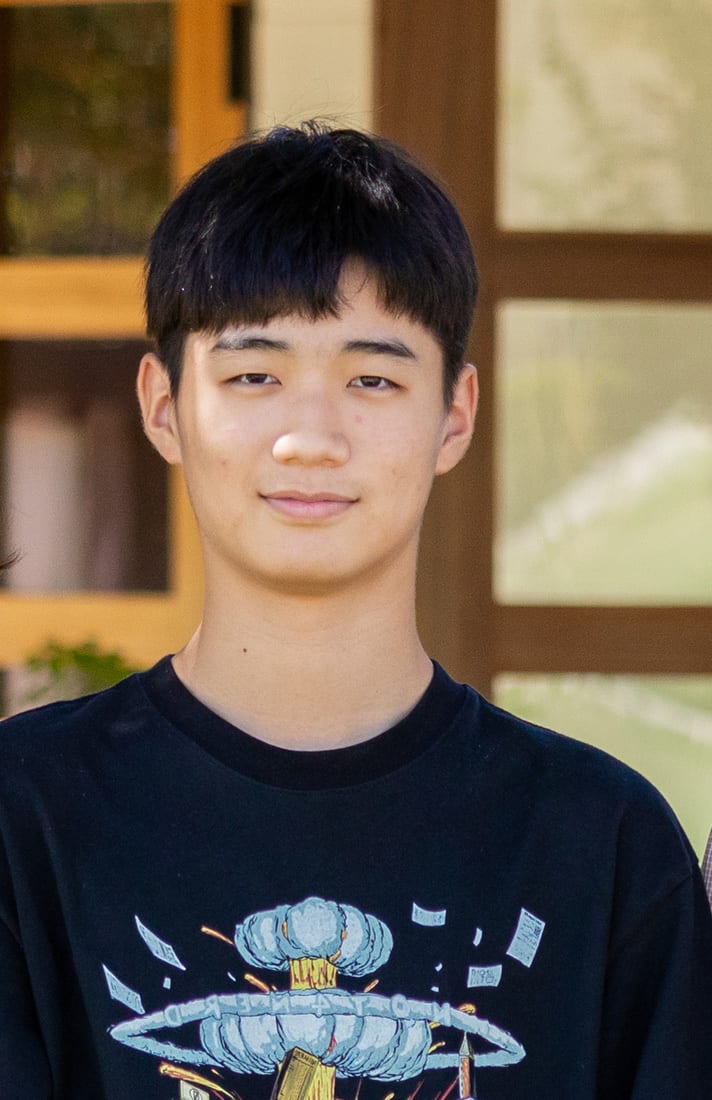For any university, rankings aren’t just statistics that look good on paper. They’re a reflection of hard work and effort delivering academic and research excellence.
Let’s look at two examples — Modern Languages and Linguistics, two of the categories in the QS World University Rankings by Subject 2023. These are based on a set of standard indicators: reputation among academics, standing among graduate employers, research citations per paper, the productivity and impact of a department at a university, and the ability of institutions to diversify the geography of their international research network.
When assessed across all these areas, the University of Melbourne’s School of Languages and Linguistics has established itself as the top-ranked education destination in Australia for Modern Languages and Linguistics.
That means for international students, a Bachelor of Arts or a Master of Applied Linguistics at Melbourne offers an extraordinary journey that’s filled with new perspectives, opportunities, exposure, and a chance to create positive change in the world.
Dr. Kellie Frost, senior lecturer at the University of Melbourne, is a prime example of one such journey.
Frost started with a bachelor’s degree in languages and linguistics (specialising in French and Italian). While deciding what to do next, she worked as an administrator in an HIV vaccine laboratory in the Department of Microbiology and Immunology at the University of Melbourne. Here, she prepared grant applications and edited articles for submission to academic journals, gaining insights into the nature of research — and into the ways that writing (and communication in general) differ across different discipline areas.
Inspired, she completed Honours in French and later joined the Master of Applied Linguistics (MAppLing) program at the University of Melbourne.
The MAppLing opened a world of opportunities to Frost. She worked as a research assistant in the Language Testing Research Centre, where she gained experience in developing and validating assessments with different partners, including the Melbourne Office of the Occupation English Test, the Defence Force School of Languages in Point Cook, Monash College and many others. She also joined projects related to international English tests, including IELTS, the TOEFL and the Pearson Test of English.
“I came to realise that many people took these tests as part of efforts to gain permanent residency in Australia, and this inspired me to wonder about the social and political dimensions of English language testing for immigration,” she says.
“I decided to start a PhD in this area, and while I was completing my PhD, I continued to work at the LTRC and also started teaching in the School’s English as a Second Language program.”
After her PhD in 2018, Frost landed a teaching and research position in the Linguistics and Applied Linguistics department, and for the last two years has served as Convenor of its Master’s program. Her career trajectory reflects the calibre, connections and expertise of the school’s staff.
From student to senior lecturer
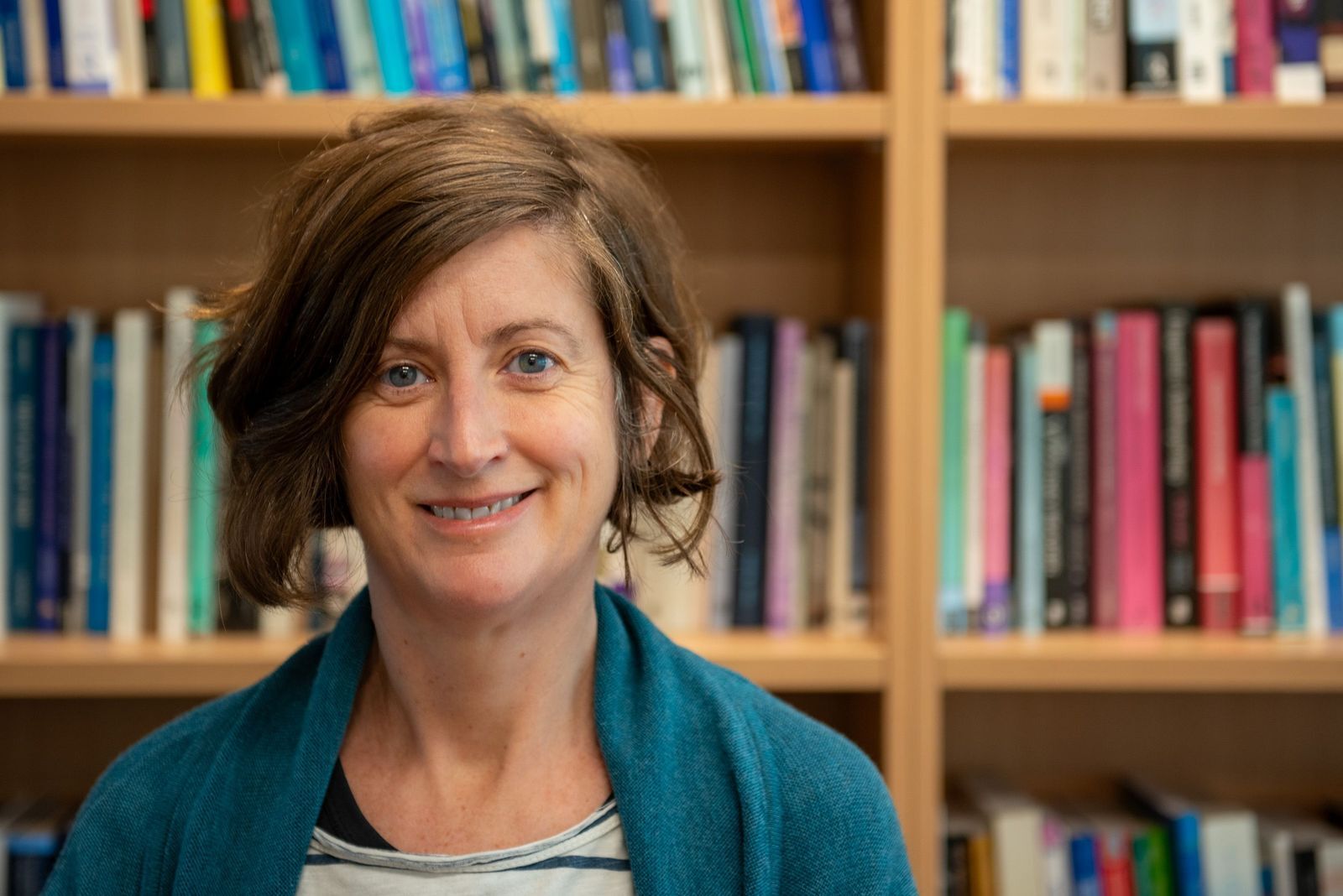
“Besides enabling us to provide our students with excellent access to professional networks, these connections mean we are able to regularly review our syllabi and assessment designs to maintain alignments between our course and current directions in practice and research in applied linguistics,” she says.
“This makes our graduates highly competitive and very well placed to gain employment in Australia, as well as in Asia and elsewhere in the world.”
A welcoming community for international students
From day one, and through various ways, international students are welcomed at the University of Melbourne. As they commence their studies, languages and linguistics students meet their program convenor and teaching staff from the school. Then, during their program, inclusion continues as a key theme — students are encouraged to draw on their own experiences to critically engage with the profoundly influential ways in which language teaching, learning and assessment practices shape a sense of belonging.
Beyond the school, international students can join events organised by other departments and faculties. There are employability seminars provided by the Faculty of Arts Future of Work Lab, as well as training seminars in the use of cutting-edge technologies and online tools for language teaching and learning from the Faculty of Arts eTeaching team.
“Specifically for international students, we offer English language subjects from our Graduate Certificate in English for the Global Workplace, access to opportunities for training and employment as English teachers in Melbourne through our alumni network, and links to alumni and our professional networks in China, Indonesia, Vietnam and elsewhere,” says Frost.
“Similarly, critical engagement with discourses of internationalisation and global mobility are key themes across our program. Besides their role in educational policy in Australia, these notions serve as central drivers of English language education and assessment policies throughout Europe and more recently Asia — making them deeply relevant to the specialisations in our program.”
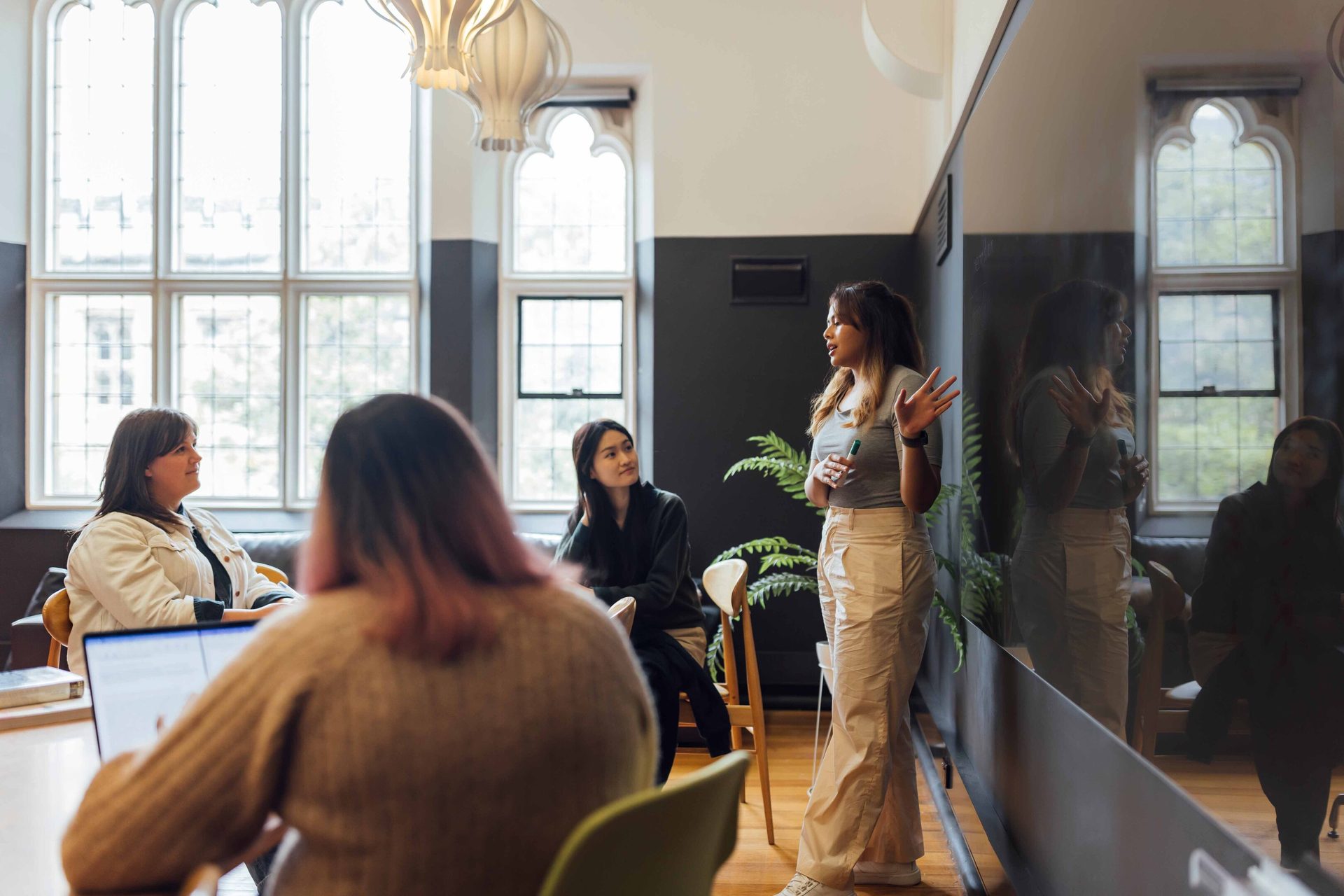
An enriching education awaits at the University of Melbourne
My long-term goal is to become a subject matter expert in supply chain, which is the backbone of the industry. I found BGSU's Logistics Systems Engineering program is a combination of engineering and management, which helps me to enhance my knowledge and skills. I joined BGSU in January 2022 and got the opportunity to work as a Graduate Assistant on an industrial project under the guidance of Dr. Sarder.
Swati Arora, India
MS in Logistics Systems Engineering
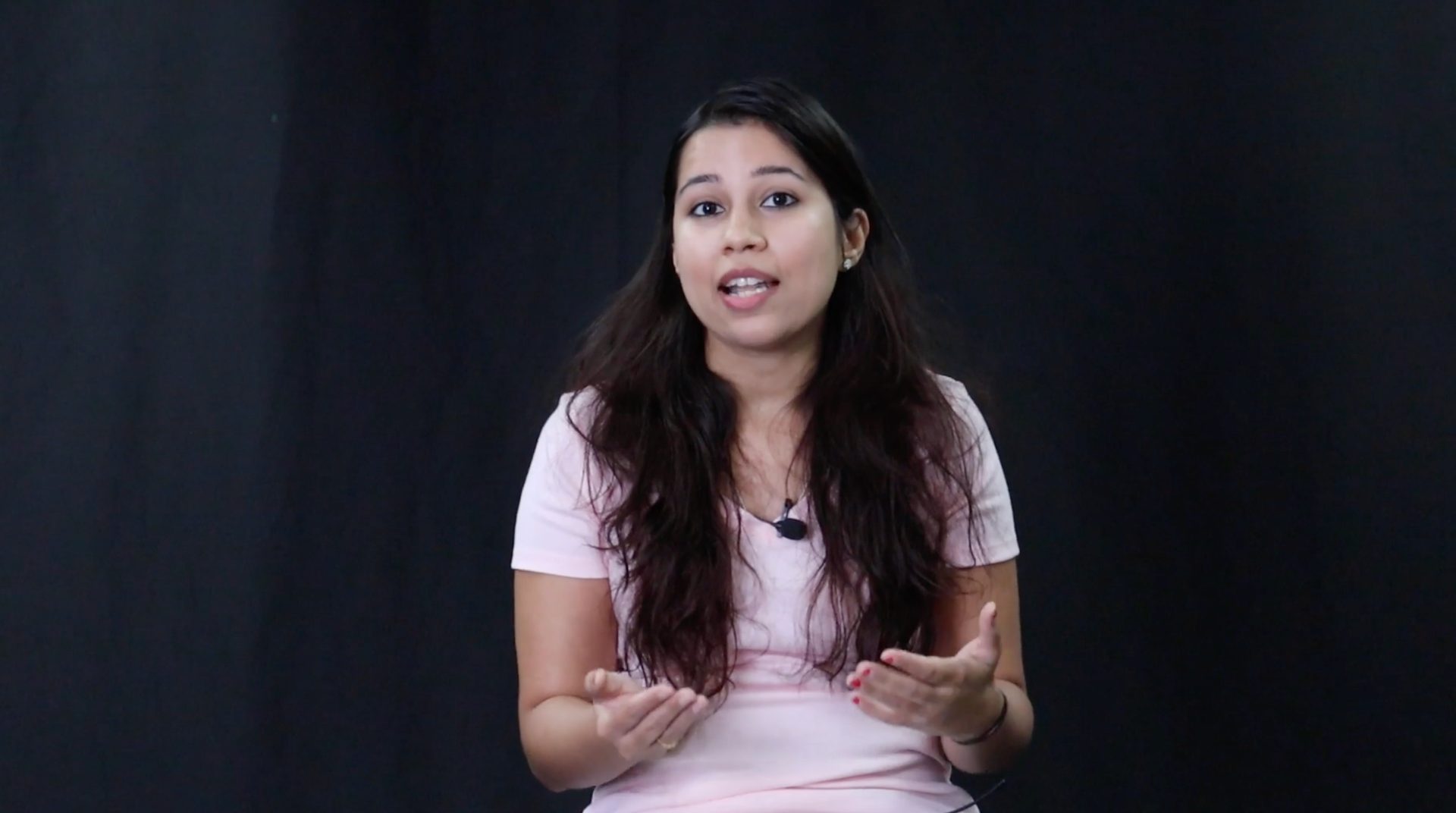
Hear from the students

Copyright © 2023 Study International, official representative of The University of Melbourne - School of Languages and Linguistics

